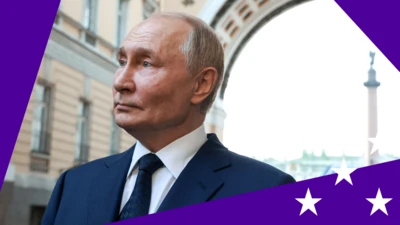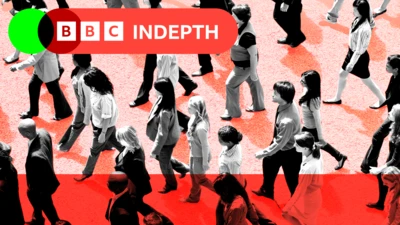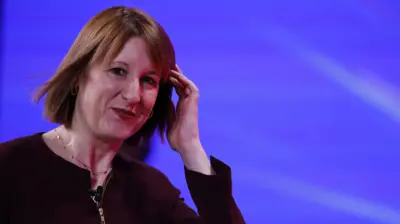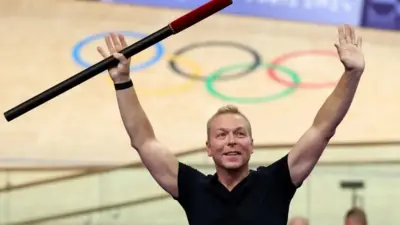We've updated our Privacy and Cookies Policy
We've made some important changes to our Privacy and Cookies Policy and we want you to know what this means for you and your data.
Lookfantastic owner The Hut Group plans £4.5bn listing
Image source, Getty Images
The online retail firm which owns the Lookfantasic beauty website plans to sell shares to the public in a move that could generate big payouts for its founder and staff.
The Hut Group's listing in London could value the company at £4.5bn and it plans to raise £920m through the sale.
If the company performs well, it could land founder Matthew Moulding a £700m windfall.
The group's other brands include sports nutrition firm Myprotein.
The company said it wanted to use the money to expand its business as the trend for online shopping accelerates following the coronavirus lockdown.
The Hut Group owns its own websites, warehousing systems and a delivery network and earns money licensing this technology to other businesses.
Its customers include Nestlé, Johnson & Johnson, Procter & Gamble, and Nintendo.
Image source, Getty Images
Since the business started in 2004, it has been buying beauty and fitness brands and adding them to its online platform.
last year, Mr Moulding said that his business model involves buying brands and then adding them to his network of 200 websites, which operate across 40 currencies and 60 languages around the world.
Sales for 2019 rose to £1.1bn from £916m for 2018, although increased costs and investments pushed the firm into a loss of £43m.
Mr Moulding's payout is said to be contingent on him delivering rapid growth, taking the company's valuation to £7.25bn in two years.
According to the company's latest , he controls 25.7% of the company, while private equity firms Kohlberg Kravis Roberts & Co and Balderton Capital own 14.4% and 13.7% respectively.
The planned flotation would be the largest share sale in London this year, and the first UK company listing since the coronavirus lockdown amid a downturn in stock market debuts around the world.
The global number of initial public offerings (IPOs), fell 19% in the first half of the year, according to accountants EY, as the coronavirus pandemic dented investor confidence.
Top Stories
More to explore
Most read
Content is not available








